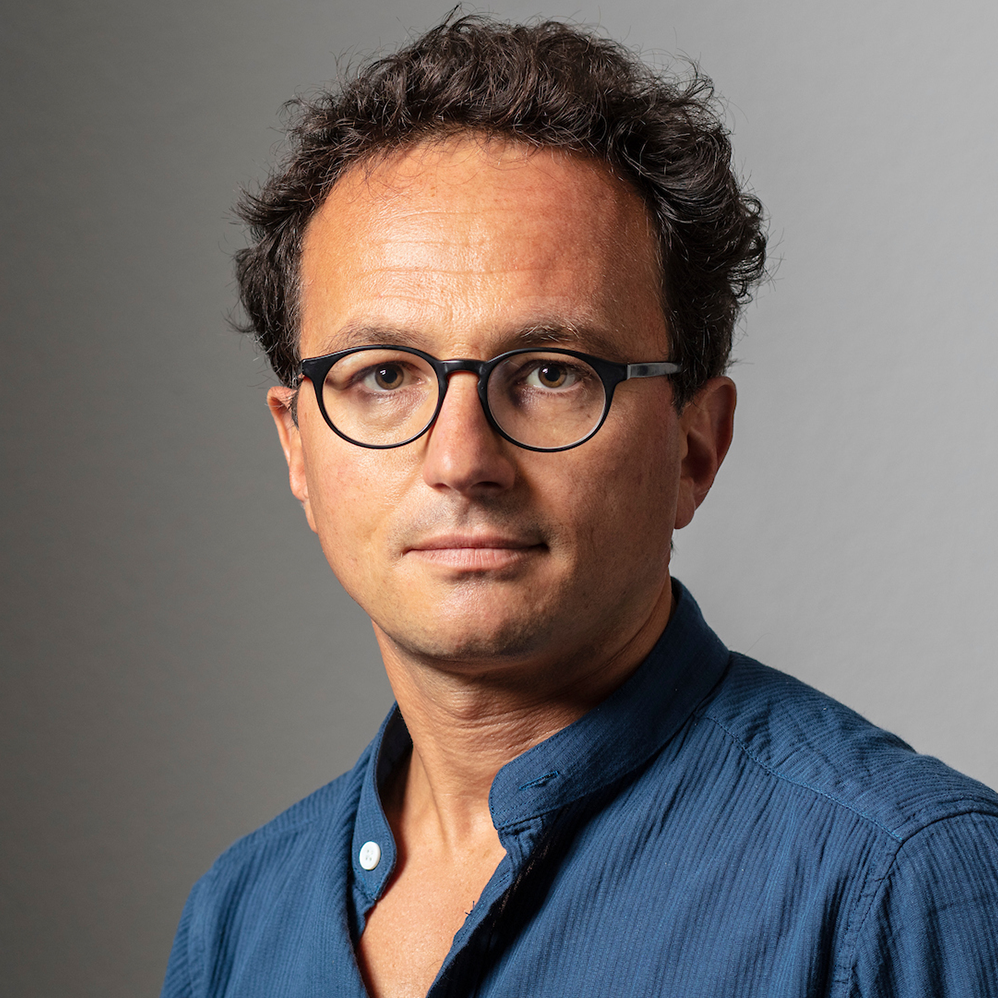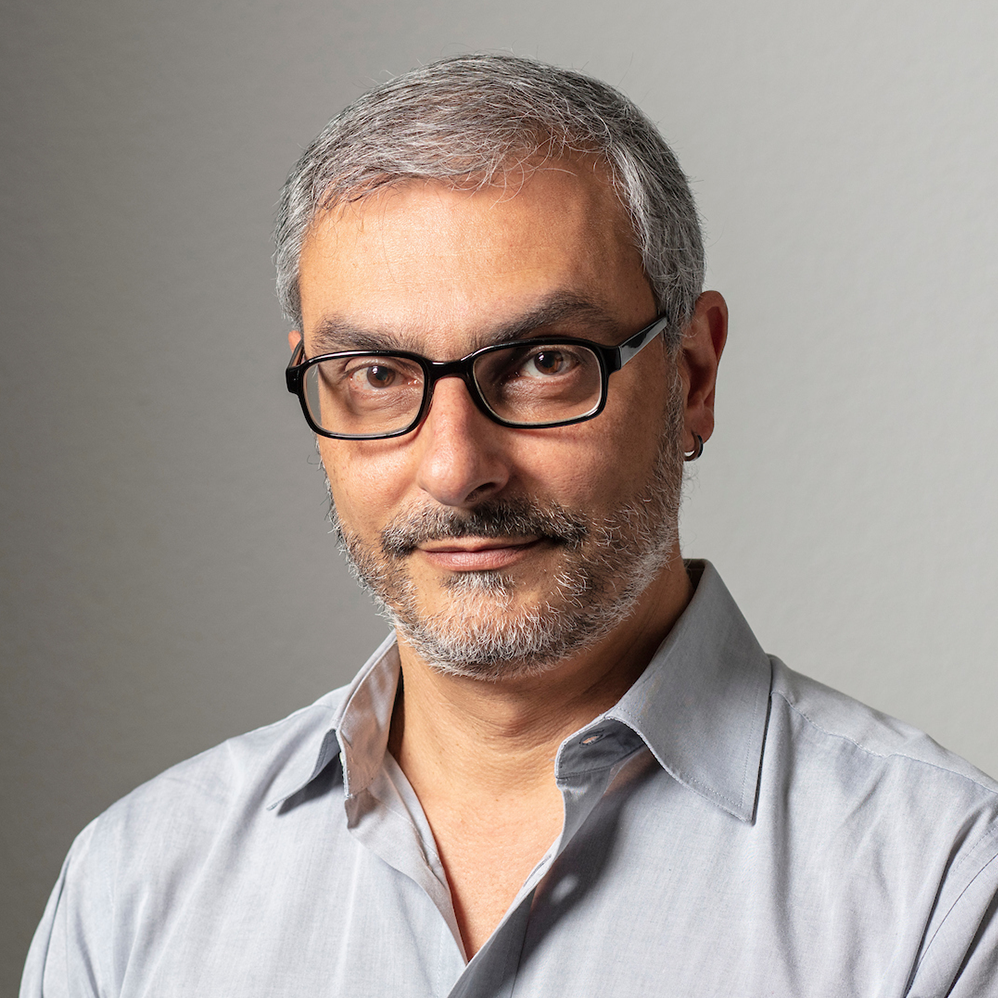
#LocarnoCloseup
Day 11
And the winners are…
After this long cinema marathon, #LocarnoCloseup bids you farewell – but before that, have a look at this year’s winners and a wrap-up of the festival. See you next year!
Pardo d’oro,Grand Prize of the Festival to the best film:
Vengeance is Mine, All Others Pay Cash by Edwin, (Indonesia / Singapore / Germany)
Special Jury Prize
A New Old Play, by QIU Jiongjiong, (Hong Kong / France)
Pardo for Best Director
Abel Ferrara for Zeros and Ones (Germany / United Kingdom / United States)
Pardo for Best Actress
Anastasiya Krasovskaya for Gerda, by Natalya Kudryashova (Russia)
Pardo for Best Actor
Mohamed Mellali and Valero Escolar for The Odd-Job Men, by Neus Ballús, (Spain)
Special Mentions
Soul of a Beast, by Lorenz Merz (Switzerland)
Espíritu Sagrado, by Chema García Ibarra (Spain / France / Turkey)
Concorso Cineasti del presente
– Pardo d’oro to the best film
Brotherhood by Francesco Montagner (Czech Republic / Italy)
– Best Emerging Director Award
Hleb Papou for Il Legionario (The Legionary, Italy / France)
– Special Jury Prize Ciné+
L’été L’étérnité by Émilie Aussel (France)
– Pardo for Best Actress
Saskia Rosendahl for Niemand ist bei den Kälbern by Sabrina Sarabi (Germany)
– Pardo for Best Actor
Gia Agumava for Wet Sand by Elene Naveriani (Switzerland / Georgia)
First Feature
– Swatch First Feature Award
She Will by Charlotte Colbert (United Kingdom)
Pardi di domani (short films)
– Concorso Corti d’autore (for established directors)
Pardino d’oro for the Best Auteur Short
Criatura (Creature) by María Silvia Esteve (Argentina / Switzerland)
– International competition
Pardino d’oro SRG SSR for the Best International Short Film
Fantasma Neon (Neon Phantom) by Leonardo Martinelli (Brazil)
Pardino d’argento SRG SSR for the International Competition
Les Démons de Dorothy (The Demons of Dorothy) by Alexis Langlois, (France)
Pardi di domani Best Direction Prize
Eliane Esther Bots for In Flow of Words (Netherlands)
– Swiss national competition (Concorso nazionale)
Pardino d’oro Swiss Life for the Best Swiss Short Film
Chute (Strangers) by Nora Longatti (Switzerland)
Pardino d’argento Swiss Life for the National Competition
After a Room, by Naomi Pacifique (United Kingdom / Netherlands / Switzerland)
Best Swiss Newcomer Award
Flavio Luca Marano and Jumana Issa for Es Muss (It Must, Switzerland)

More
Winners announced at Locarno Film Festival
#LocarnoCloseup asked the duo of critics behind the Swiss multimedia film e-journal Filmexplorer.ch to share with us their impressions on the choices and program devised in this first edition of the festival curated by the new artistic director, Giona A. Nazzaro:
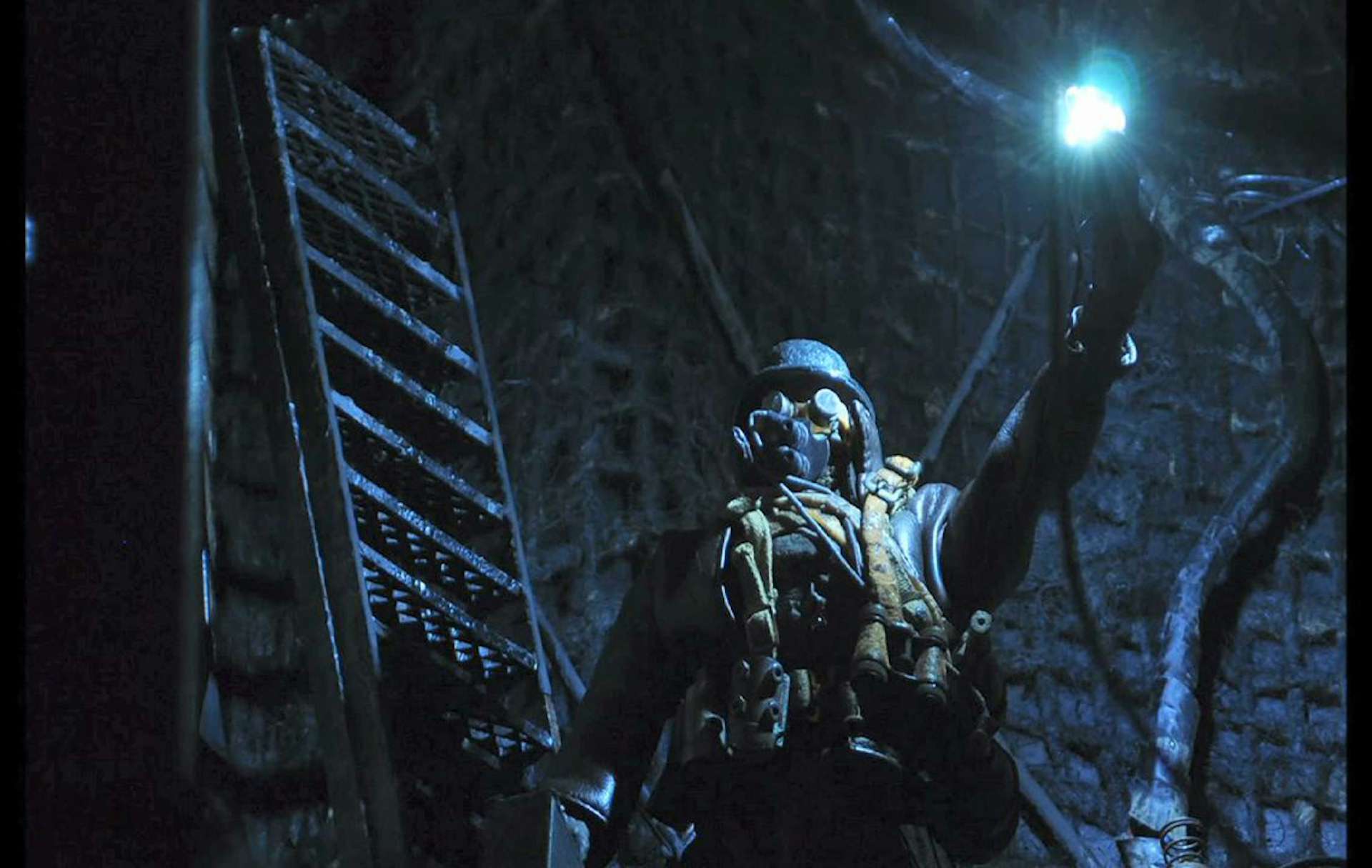
More
Locarno wrap-up: the supernatural, blood and the challenge of genres
Day 10
Reckoning a forgotten master
When the name Alberto Lattuada comes up in film criticism, even back when the director was still making movies, the general sentiment seems to be a kind of confusion. Not so much about the quality of his works which certainly have been championed—the French film magazine Positif once dedicated an entire issue to his filmography—but rather the sensibility of Lattuada’s oeuvre and how it straddles Neorealism and melodrama, social critique, and erotic sleaze.
The word “unclassifiable” gets thrown around often, even in the press release for Locarno’s staggeringly exhaustive Alberto Lattuada retrospective for this year’s edition of the festival. Covering a colossal career that spans from the 1940s to the 1980s, this celebration of a forgotten Italian master is a breath of fresh air from the past, especially within the context of the current film culture where ‘newness’ reigns.
Read the whole article by Phuong Le, a Vietnamese critic based in Paris, who joined Locarno Critics Academy this year:

More
Alberto Lattuada: A breath of fresh air from the past
Meanwhile, another member of the Critics Academy, Karin Taglang (Switzerland), writes about the selection of Nordic films in the festival:

More
Social statements make Nordic films stand out at Locarno
Day 9
Gender issues
For a festival that in 2018 signed a pledge for gender parity in their programming, this year’s choices sadly show a distinct lack of commitment to reaching those aims, reports Caitlin Quinlan, from Locarno Critics Academy.
You can read her full article here:
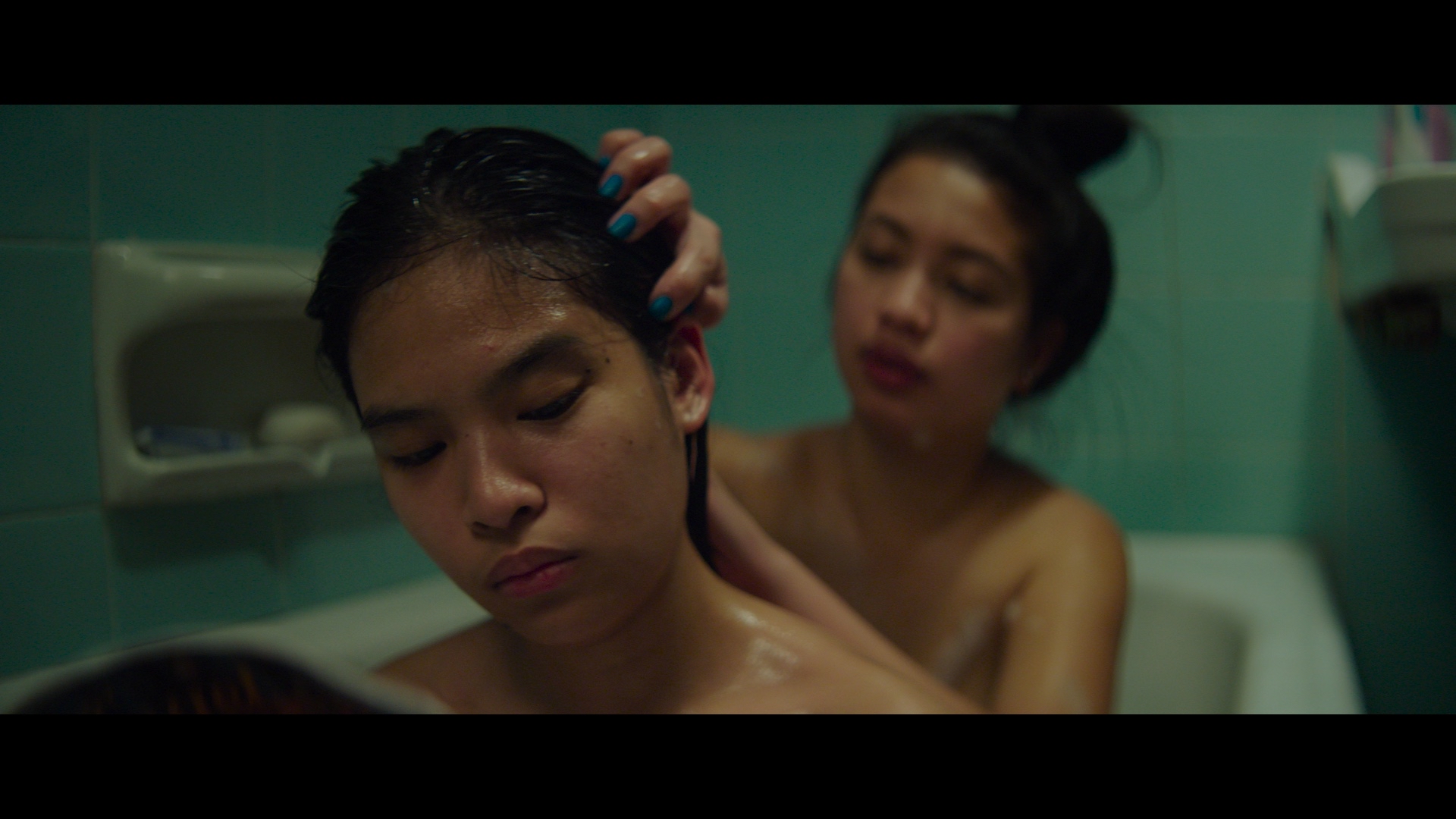
More
Locarno74: Men steal the show, but women are the future
The Festival, however, published today its Gender Evaluation, with the following figures:
> 4 out of 17 films in the international competition were directed by women (23,5%)
> 2 out of 16 films in the Piazza Grande (12,5%), 1 of the 2 films pre-screened in the Piazza Grande were directed by women
> 8 out of 15 films in Concorso cineasti del presente were directed by women (53,3)
> 1 in 7 films out of competition were directed by women (14,3%)
> 1 out of 4 films premiering in Histoire(s) du Cinéma section were directed by women (25%)
> 15 out of 40 short-length films (Pardo di domani) were directed by women (37,5%)
> 3 out of 5 films premiering in Open Doors: Shorts were directed by women (60%)
Abel Ferrara’s longest night
In a festival well-known for its young and rising film makers, Abel Ferrara is practically the only globally acclaimed veteran competing for Locarno Film Festival’s top prize, the Pardo d’Oro.
On Thursday morning, Ferrara presented his latest feature, “Zeros and Ones” – and stunned the critics at the press screening.
In the 1980s and 1990s Ferrara was best known for his realistic and shocking depictions of the underworld of drugs and sex (he started in the business doing hardcore porn). But now he is clean, a Buddhist, and an American exile in Rome, where he has lived for almost 20 years. As he told journalists after the screening, “In Rome I am a mercenary in Caesar’s fucking army, bro”.
“Zeros and Ones” was shot in Rome during lockdown with a small budget and limited cast. Even the crew and producers played roles. It also features the amazing cinematographer Sean Price Williams and thrilling music. This is very important as the film is all about atmosphere – an impressionistic work playing with tropes and stereotypes taken from spy movies.
The film could be long trailer for a spy film. All the elements are there: the pandemics, two brothers in conflict (one an army officer, the other a revolutionary), the Americans, Russian mobsters and intelligence officers, jihadists, the Pope, Chinese traffickers, sex workers, Ethan Hawke… and Rome.
Maybe it’s too early to call it a masterpiece by one of cinema’s legends. But he has managed to work his magic with limited resources in difficult shooting conditions. And it certainly catches the pulse of our times like no other film screened so far in Locarno (and beyond, so far). It certainly makes Zeros and Ones a serious contender for the main prizes.
And an anti-spoiler: stay until the very end of the final credits.
Day 8
One door that closes, another one opens
As the festival wraps up its 3-year Open Doors program with Southeast Asia and Mongolia, it announced the new focus for the next three years: Latin America.
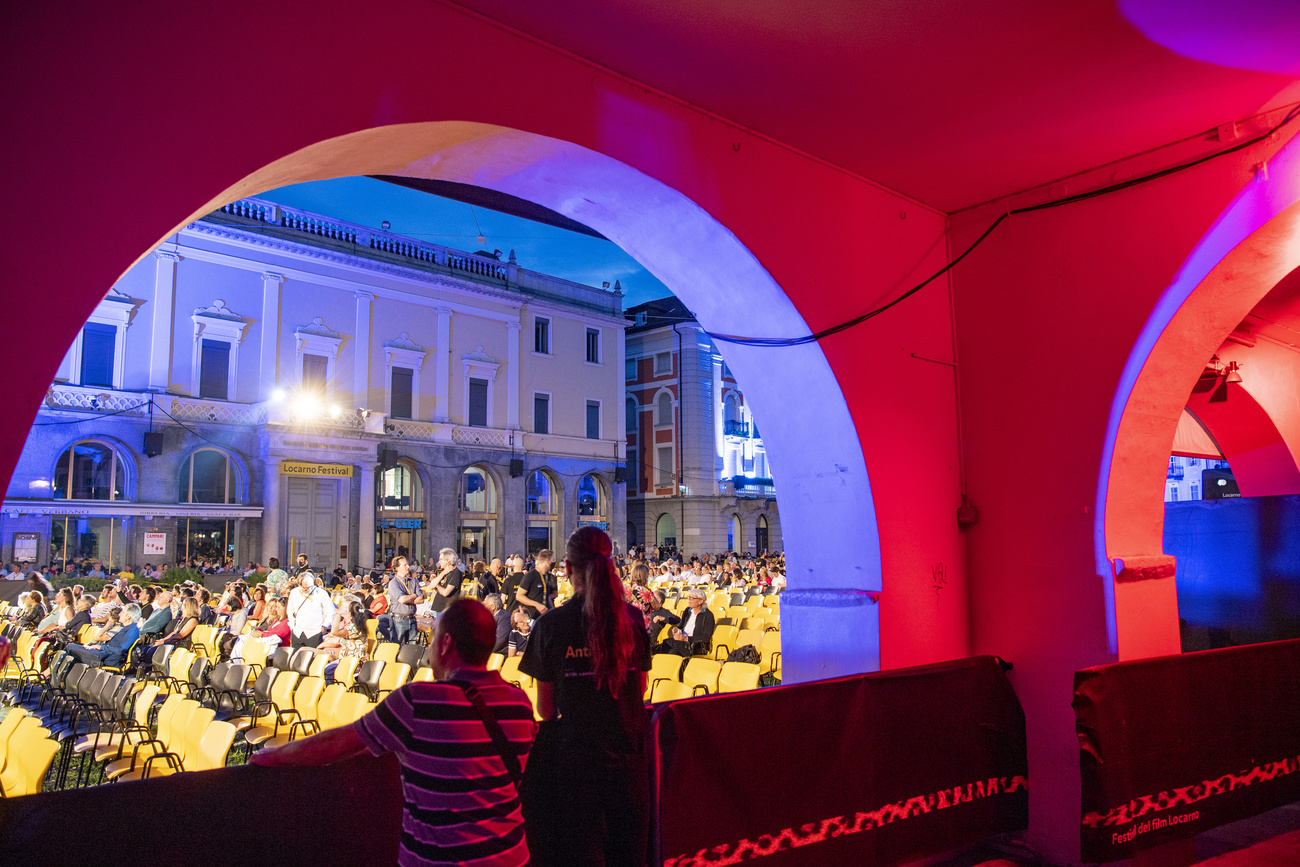
More
Locarno moves film spotlight to Latin America
by Phoung Le, Locarno Critics Academy (@nailsnitrateExternal link)
Screened as a part of the Open Doors selection, the short film May Nhung Khong Mua (Live in Cloud Cuckoo Land) is an idiosyncratic yet enchanting slice of urban life in Vietnam, full of Kafka-esque vignettes.
For co-directors Vu Minh Nghia and Pham Hoang Minh Thy, their journey from Vietnam to Locarno ironically had the same labyrinthine structure. With the Covid-19 pandemic currently at its peak in their home country, travelling has become a logistical brain-twister. Nevertheless, the filmmakers, whose feature projects have also been chosen by Locarno’s Open Doors initiative, feel reassured by the attentive and resourceful festival team.
Prior to their arrival, Vu and Pham had hour-long virtual sessions with various mentors from the Open Doors Lab whose advice on production and distribution proved to be especially illuminating.
“We’ve said to the Open Doors team that, whatever great things await us in the future, Locarno is our turning point,” Vu said. “Our ‘baby steps’ here are taken care of extraordinarily well, as the team also looks after what we eat or which films we’re seeing. The daily lunch meetings where we’d be seated with different South East Asian delegates are also wonderful for fostering new connections.”
It should be a moment for celebration, but the joy is limited. The latest film by Maung Sun, a young filmmaker from Myanmar, is being shown at Locarno, but his producer Ma Aeint couldn’t come. She is in jailExternal link, imprisoned by the Myanmar military junta.
The art and film world in particular has not escaped unscathed from the coup d’état perpetrated six months ago by the military. Several industry professionals have been arrested.
Among them is director and producer Ma Ateint, who has been imprisoned for over a month and was due to attend the Locarno Film Festival. “We don’t even know what the military regime’s charges are,” Maung Sun told Swiss public radio, SRF.
The young filmmaker, who is presenting his first feature film, a comedy called Money has Four Legs, testifies to the situation in which his country and the cinema in Myanmar find themselves.
Maung Sun is one of the participants in the festival’s Open Doors – Southeast Asia programme, a three-year project to link filmmakers and producers from a specific region of the globe with their peers in Europe. The results can be measured in the scale of co-productions and the establishment of networks.
The festival also announced on Tuesday night the focus region for the next three years: Latin America.
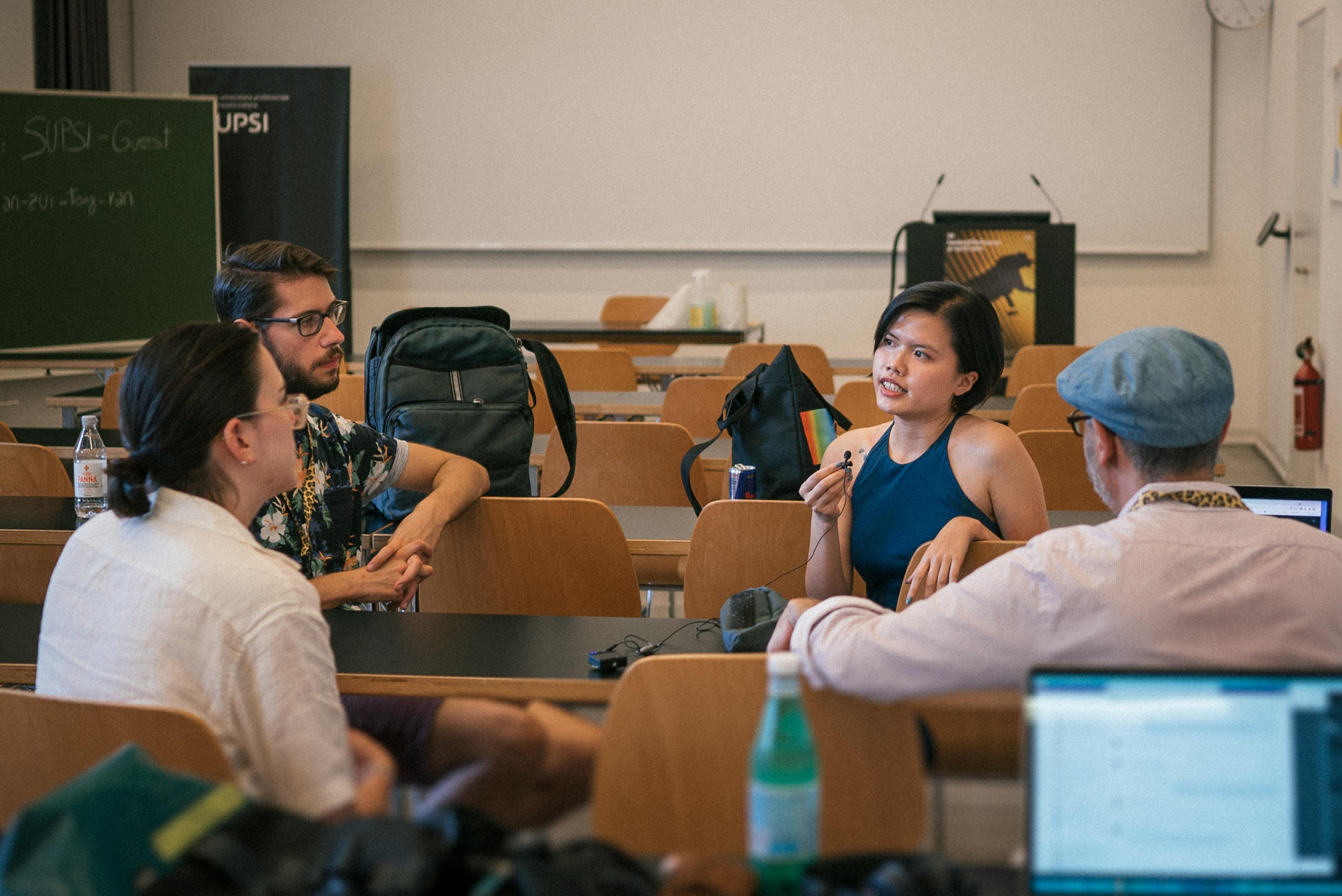
More
Critics Academy weighs in on Locarno fare
Day 7
Swiss panorama
In the first contribution of Locarno Critics Academy, Alan Mattli looks at two of the main Swiss productions screened in the festival, and shows how each one can be seen as a good sample of the trends and shortcomings challenging Swiss film making right now.
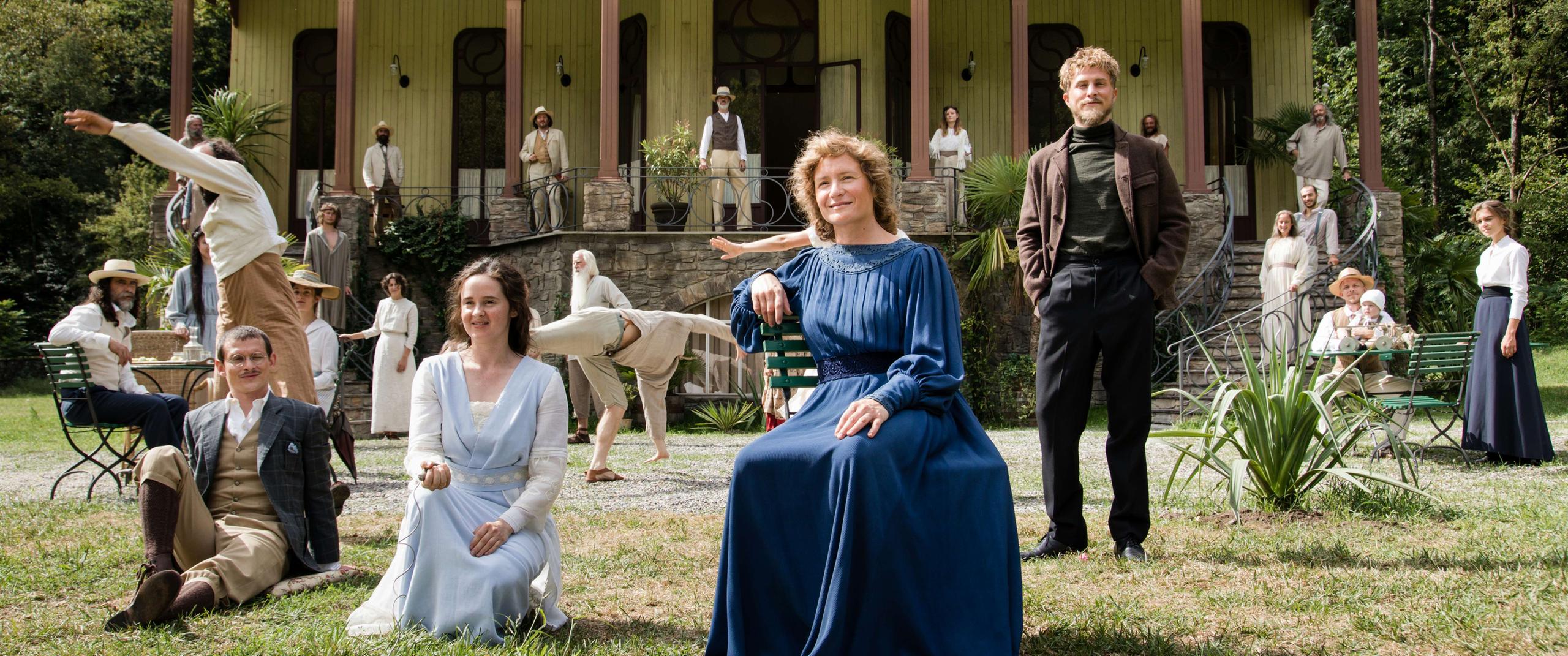
More
Locarno shows the two faces of Swiss cinema
“Soul of a Beast, the impressionistic, pathos-laden tale of an ill-fated love triangle, set in a stylised version of Zurich, is antithetical to Swiss cinema’s penchant for accessibility and big-name actors: “I wouldn’t want to make a movie that pleases everyone,” says director Lorenz Merz. In fact, at the very beginning of the thought process that would eventually develop into the finished film, “the intention was to make a movie you wouldn’t see here in Switzerland”.
Along with his production team, director Stefan Jäger, who had been nursing the idea of making a film for the more than 30 years, secured federal funding as well as additional support from Germany and Austria.
The resulting seven-million-franc budget ($6.5 million) – a sizeable sum by Swiss standards – is undeniably visible on screen: the production design looks impeccable, as do the costumes; and the film sports an impressive array of prominent German-language actors of different nationalities (Max Hubacher, Julia Jentsch, Joel Basman, Hannah Herzsprung).
This international aspect is highlighted even further by the decision to have the plot revolve around an Austrian protagonist (played by Maresi Riegner), meaning that the film is shot almost entirely in accent-free High German, and thus easily exportable to the two countries that co-produced it.
Day 6
Dictatorship without censorship
Alexander Zeldovich finished writing the script for “Medea” in 2016, but the film was only finished ten days ago – just in time for Locarno’s international competition. This is not unusual for authors of so-called “arthouse films” – though Zeldovich says he dislikes the term – and quite fitting for a director who usually takes ten years to release a new film. “Because it needs a lot of time, and time is money”, he told swissinfo.ch.
“Medea”, as the title suggests, is a recreation of the classical Greek tragedy, transposed to the present day and set only in part in Russia; the biggest chunk of the story takes place in Israel. That’s where the main characters, a billionaire Russian Jew and his Russian concubine, move, as part of a large contingent of Russian immigrants that has had an enormous impact on the social, economic, and political fabric of the country.
“Medea” was made possible thanks to Kinoprime, the film fund created by Russian billionaire Roman Abramovich (also the owner of Chelsea Football Club). “Practically all of the Russian films that you see in international festivals would never be possible without Kinoprime’s funding”, Zeldovich says.
Although the film industry in Russia is booming right now, with local productions competing at the box-office with American blockbusters, public funding is still a tricky thing.
Producers, film-makers and artists in general are quick to say that there is no censorship in Putin’s Russia. You just have to stick to basic guidelines defined by the Ministry of Culture, here summed up by Zeldovich: “don’t touch political issues, actually better to avoid them. Historical themes are touchy, religious themes are touchy, as well as sex, and homosexuality, of course. Apart from that, you can do anything”.
Day 5
The Russians are back!
Locarno 74 seems to be compensating for a six-year hiatus without any Russian productions in its international competition with two films in this year’s line-up. Medea will be screened on Monday, and Gerda, by Natalya Kudryashova, was shown today (Sunday).
It is a bleak, and poetic, drama centred on a young sociology student in a nameless province town who has to work as a stripper to support her mentally ill mother. There is also the hassle of her estranged, violent alcoholic father.
Kudryashova noted that the story could take place any time after the demise of the Soviet Union. ”You can’t tell if the action happens in the 1990s, 2000s, 2010s or 2020s.”
“Only Moscow and St. Petersburg changed,” she adds. “The rest of the country has been kept out of time. Actually, the provinces have been kept out of time since Chekhov’s Three Sisters (a play written in 1900). In the provinces, people are not aware that they live in the 2020s, and that is where the pain is deeper. We saw a lot of pain in the provinces while making the film. But I believe that pain is the strongest power to liberate the soul.”
Drugs and Medication
Drugs are a constant subject in practically all of Gaspar Noé’s features, and his newest film, Vortex, is no exception. But the drug-induced trance this time is not about psychedelic parties and experiences, but a dive into senility, body decay, medication abuse, and death.
There is not a single hint of Covid in the film, but the Argentinian director based in Paris told journalists at Locarno that the pandemic was his core motivation to make the film, which was also shot during the pandemic.
“This was the most suffocating shooting experience of my life”, he said. “We had to squeeze the crew into a tiny space, wearing masks and with a Covid inspector all the time on our heels.”
An elderly couple tries to stick to their daily routine as their health deteriorates – the cardiac condition of the husband and the Alzheimer’s of the wife. The entire film runs on a split screen, each half following a different character, even when they are in the same space.
It’s definitely not the most joyous film experience, but the improvised acting (Noé started with a script of only three pages) of Dario Argento and Françoise Lebrun makes real life out of the proximity of death.
Day 4
The Other is a neighbour
Among the Swiss productions shown in the first days of the festival, Neighbours (Nachbarn), by the Syrian-Kurdish-Swiss director Mano Khalil, and Monte Verità, by Stefan Jäger, attracted the most attention.
SWI swissinfo.ch’s Arabic talked to Khalil at the premiere of his film at the Solothurn Film Festival. You can read the interview here:
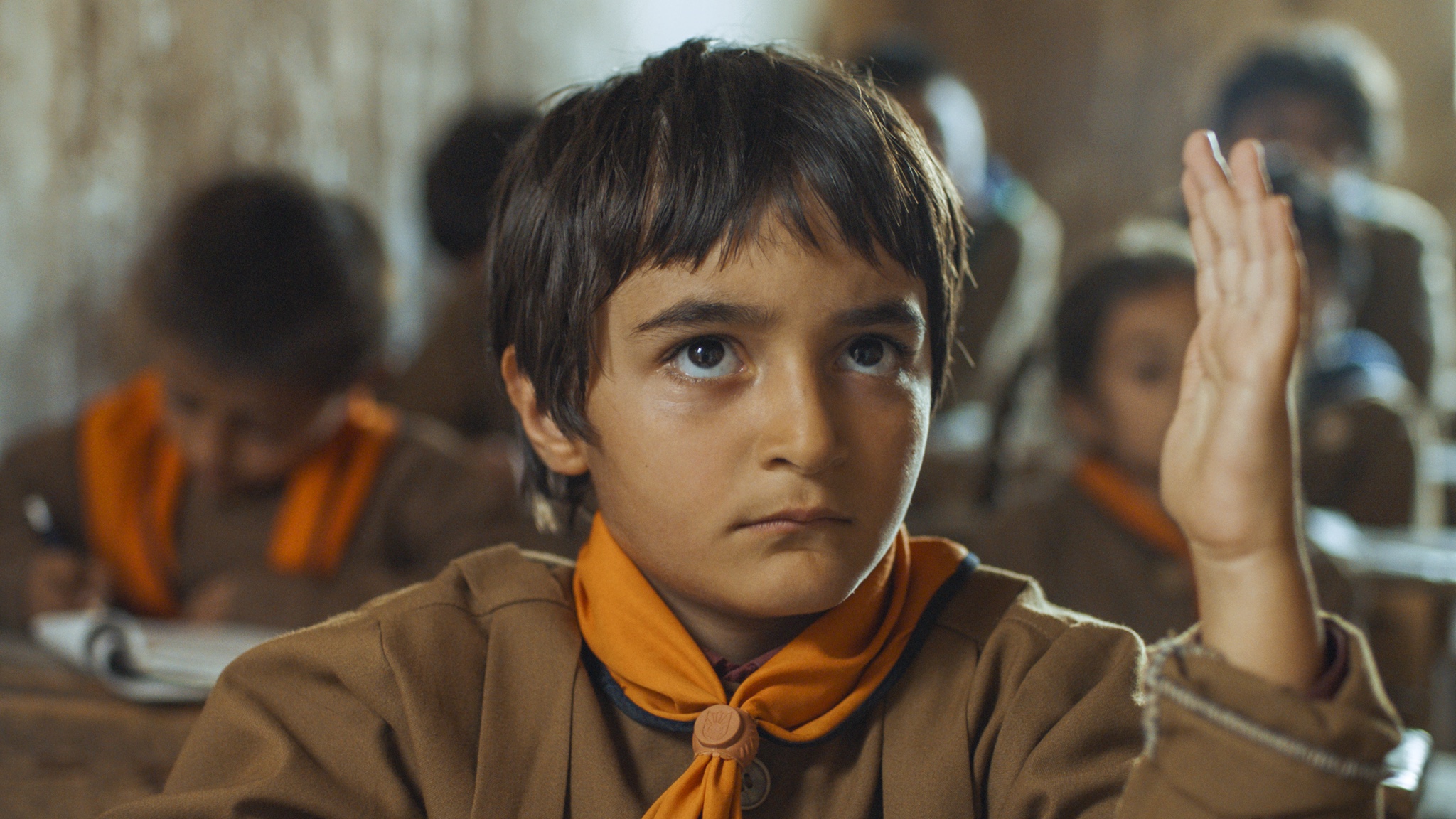
More
Kurdish film director finds safety – and success – in Switzerland
Monte Verità is a fictional reconstruction of the first alternative community set in Ascona, a village next to Locarno, in the early 20th century, and it was supposed to be in the main programme on the Piazza Grande on Saturday.
Unfortunately the local weather that was so good on location during the shoot turned into a real deluge on Saturday night and viewers had to watch it in a normal cinema.
We talked to Stefan Jäger, and #LocarnoCloseup will bring a full critical appraisal of it and of Soul of a Beast (the only Swiss production in the international competition) on Tuesday. Watch this space!
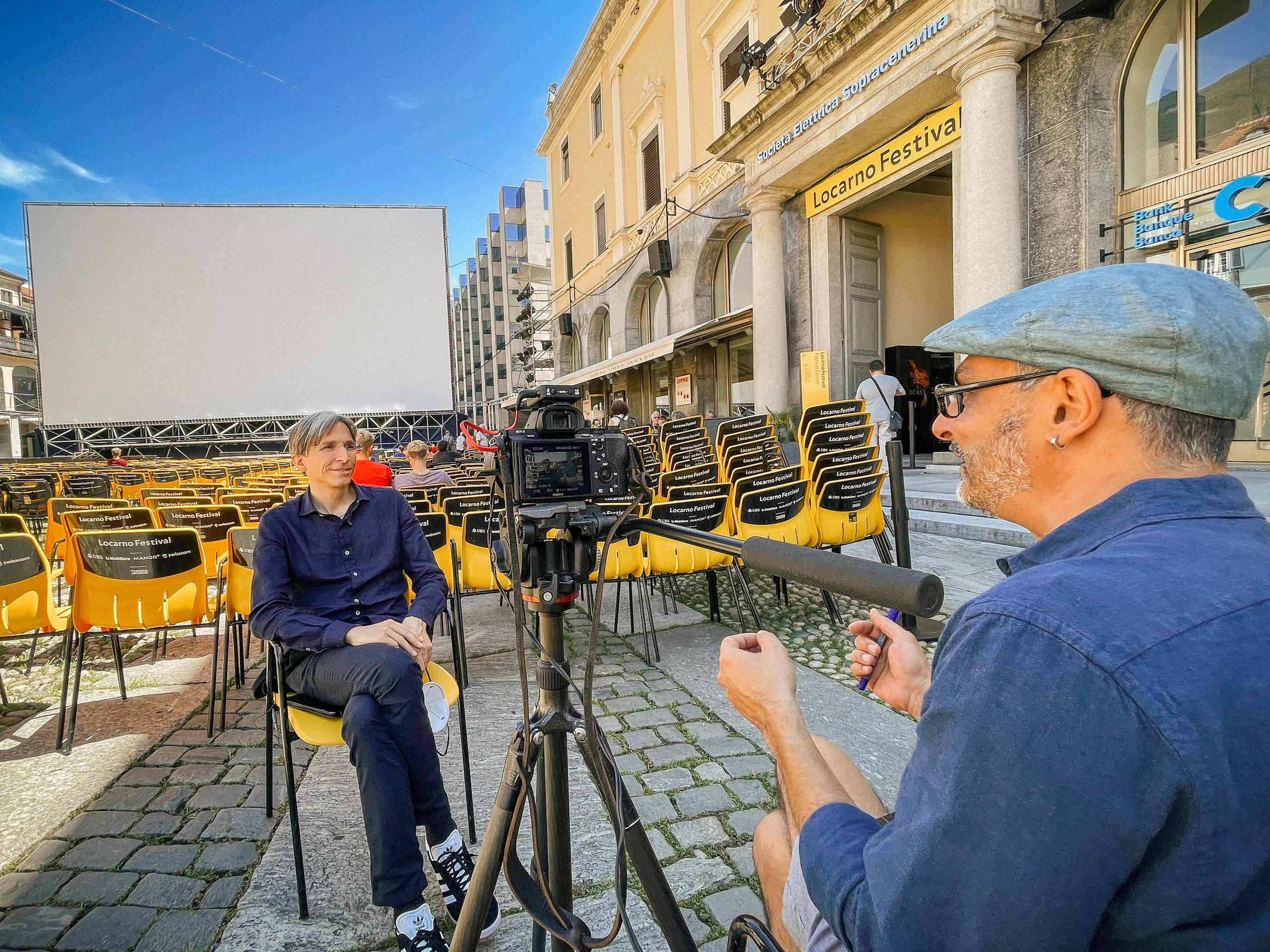
Day 3
Of Pirates and Parasites
Romanian film maker Radu Jude has a soft spot for film pirates but is not a fan of the official sales and distribution side of the business.
Jude, who shot to fame this year after winning the Golden Bear in Berlin in March, came to Locarno with a short-length film Caricaturana. On Thursday he had a very frank discussion with the Festival Academy – an international selection of young critics and film makers.
Jude didn’t mince his words when it came to the dominant business models in the film industry.
“Sales and distribution are the dirtiest side of the film business; they are the biggest parasites,” he said.
He admits that they are necessary part of the film business. However, as a director who only gets a small percentage of the film’s profits, he is not willing to compromise for the sake of optimum sales and distribution strategies.
“Maybe it’s a wrong thing I do, but I never wait nine months to send a film to a most prestigious festival like Venice or Cannes”, he said. “Whenever I finish a film, I send it to the first festival available.”
The Romanian was very candid about the controversial issue of piracy.
“You have to understand that I come from a country that doesn’t have infrastructure for cinema and public libraries, and I grew up watching films in VHS or in very bad B&W copies and black-market DVDs.”
In the end, it is a matter of accessibility for Jude. But his is not a “blunt or brainless position” on the issue.
“For producers who put their own money to make a film, piracy is a very nasty thing. They lose their investment. I’m not brainlessly in favour of it, but when you see that in Romania and in Europe in general, films are made with public funding, I don’t see it as such a big problem in the end”, he said.
To illustrate his point, Jude shared an anecdote in which a major British distributor bought some of his films. His producers were very happy – everyone involved was properly paid – but Jude himself was reluctant. In the end, the same company bought some blockbusters and Jude’s films were not screened anywhere, apart from a short run at the British Film Institute.
“So, they paid us all very well, but nobody saw our film. That’s why I prefer the pirate who shared our film and made it visible”.
Day 2
Our fellow critics
To bring you a most diversified coverage of the festival, SWI swissinfo.ch teamed up with Locarno’s Critics Academy: every year the Festival selects 10 young film and media critics from all over the world for an intense immersion in the film world. This year they are:
1. Phuong Le is a Vietnamese film critic based in Paris. A BBC Radio 3 contributor, her writings can also be found in The Guardian, Sight & Sound, and Film Comment. She is on Twitter as @phuonghhle, and she also curates a “nails on film” Instagram account called @nailsnitrate.
2. Caitlin Quinlan is a freelance film critic from London with work published for Sight & Sound, Little White Lies, and the Financial Times. She organises women-led film events with the Bechdel Test Fest and is a member of the London Critics’ Circle.
Twitter: @csaquinlan; Instagram: @caitlinquinlan
3. Călin Boto lives, writes, and curates in and around Bucharest. A freelancer at heart, his interests include dubbing, film piracy, the neo-avant-garde and gay pornography. Nimicurile par mereu ceva mai pompoase când sunt scrise-n altă limbă.
Twitter: @BotoCalin; Instagram: @queequegss
4. Mariana Queen Nwabisili is a journalist and researcher from São Paulo (Brazil) currently living in Spain. Her writings focus on the representation of race, gender, and class in movies. “Critical, artistic, and intellectual activities have been constantly under threat in Brazil in the last few years, with many cultural institutions literally burning to ashes (Brazilian Cinematheque, National Museum), so writing and thinking suddenly takes on new significance as acts of resistance.”
Instagram: @mariqueensp
5. Anna Babos is a Hungarian film critic and programmer based in Donostia, studying curatorship. She regularly writes for the e-journals Jugend ohne FilmExternal link (Youth without Films), and Magyar FilmExternal link.
Twitter: @BabosAnna1
6. Alan Mattli (Switzerland), an avid film critic, is in the process of writing his doctoral thesis in English Literature. “I have strong opinions about film, I prefer to make my points in writing, and I tend to overthink everything. I have been writing consistently about cinema, in German and in English, both on my own blog FacingTheBitterTruth.comExternal link and for a variety of predominantly Swiss publications, such as Frame and Maximum Cinema.”
Twitter: @AlanMattli
Instagram: @alanmattli
Letterboxd: alanmattli
7. Cassiane Pfund, from Geneva, has interests that go beyond film to include contemporary art and dance: “Posing questions. That’s why I love writing. And to try out things in life because you have to try in order to really try something. By telling jokes. Or by opening the eyes and moving forward. There where the feet falter, before they take off. Face new ventures and seeing what happens. Waiting a little. Just enough. Sometimes things happen. And sometimes nothing happens at all. This suits me just fine.”
Instagram: @cassiane.pfund
8. Diego Cepeda, from the Dominican Republic, is a programmer, researcher, film maker and teacher based in Barcelona. Since 2019, he has been working at Xcèntric, the cinema of the Center for Contemporary Culture of Barcelona (CCCB). He currently coordinates the online program of the Xcèntric Archive (Xcèntric Focus), and writes for several media, including the Dominican monthly film publication Simulacro.
Instagram/twitter: @untrenoculto
9. Karin Taglang from Zurich is a literary critic trying to make sense of movies.
Instagram/Twitter: @karintaglang
10. Vanja Munjin is a film researcher, critic, and programmer from Santiago (Chile), currently living and doing her doctorate on Artistic Studies in Lisbon (Portugal). A sociologist by training, her writings have been published in several Spanish- and French-language magazines. Instagram: @vaniaconjota
The Critics Academy’s coordinators:
Christopher Small is a writer, filmmaker, and festival programmer, originally from the United Kingdom and currently based in Prague. Since 2017, he has organised and hosted the Locarno Critics Academy. He is also a programmer at Sheffield Doc/Fest, at Kino Petrohradská in Prague, and for Doc Alliance. He is a member of the International Federation of Film Critics (FIPRESCI). Instagram: @christopher.small; Twitter: @ANTINOMOVIES
Prof. Ruedi Widmer (Swiss team) is the director of the Master’s of Art Education program at the Zurich University of the Arts (ZHdK). He is also an author and editor of diverse books on the arts, design, publishing, and scripted cultures.
On the first day of the Locarno Film Festival, new artistic director Giona A. Nazzaro, a distinguished and prolific film writer in his own right, welcomed the members of the Critics Academy and discussed the challenges and important mission of a film critic.
There is a lot at stake for Nazzaro this year. He is assuming the post at a challenging moment as the festival makes the bold move to reopen in full in-person mode while maintaining Covid safety measures. It also has to contend with very unstable weather, making the open-air sessions at the Piazza Grande quite a wet experience.
But the audience is back, even if in relatively smaller numbers. The crowd in Locarno so far is mainly from neighbouring countries (France, Italy, and Germany); visitors from farther away are largely missing this year because of the pandemic travel restrictions.
The weather is cooperating for now, the sun is out on the first full day of the festival, helping Nazzaro fulfill his main goal, as he stated in the critics meeting:
“What I want to achieve this year is: let’s start again and try to have fun. To have fun is not a crime.”
Day 1
A paradise for film lovers. What makes Locarno different?
2020 was the only gap year in the long history of the Locarno Film Festival, whose 74th edition starts tonight. Many regulars may not come this year because of travel restrictions but the film buffs that made it to Locarno can look forward to a joyful marathon: about 200 movies on offer across 10 days, during which the city is completely taken over by cinephiles.
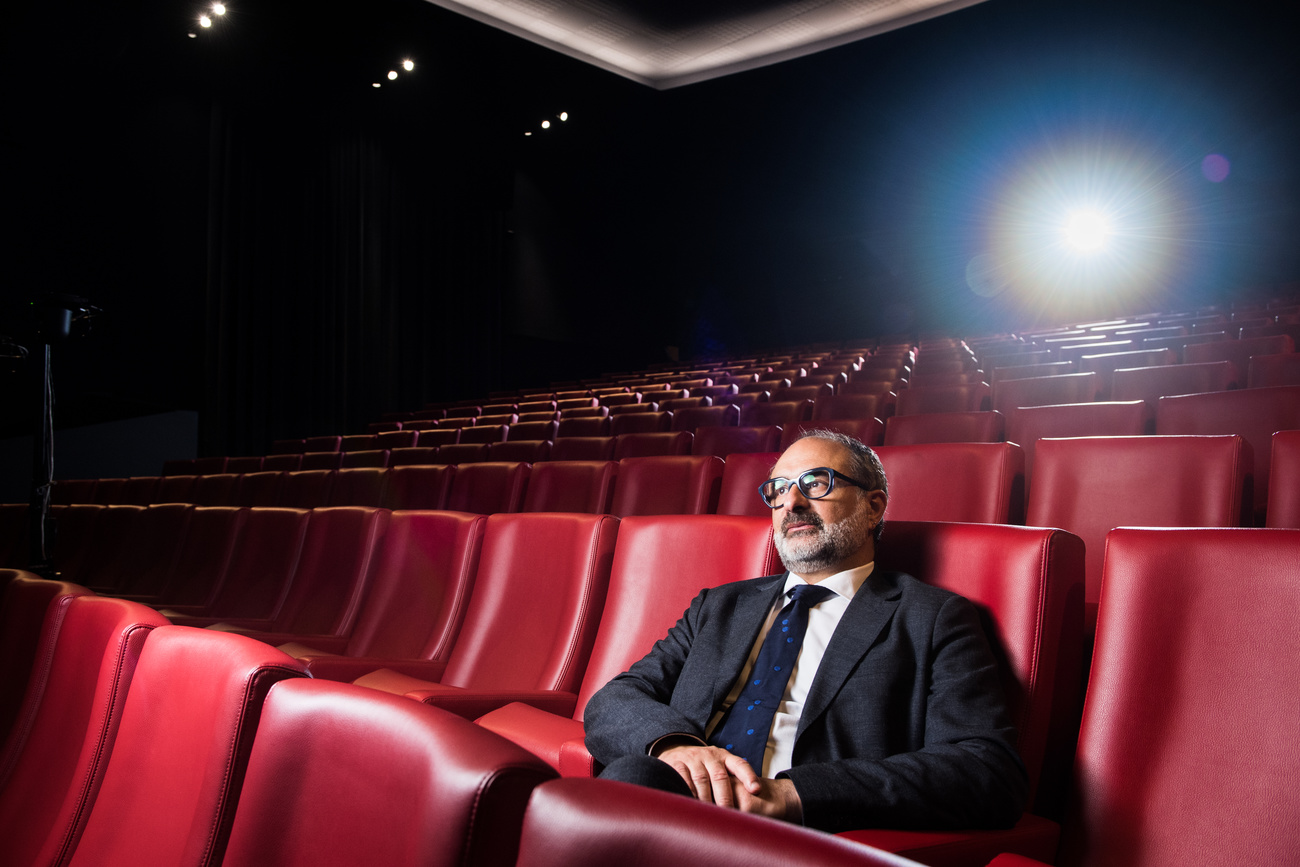
More
‘Locarno in summer is a safe bet’, says new festival director
Locarno is billed as Switzerland’s most prestigious international film festival, run since 1946, and seen in the film world as the “smallest among the greatest”, on par with Cannes, Berlin and Venice.
What distinguishes Locarno from these bigger festivals? First of all, Locarno is not a star-studded event. The celebrity press has little or almost no presence here. Sure, there are always a few big names but they usually have unusual takes on the film industry and politics. In the last regular edition in 2019, American filmmaker John Waters, the guest of honour, stirred the pot with his mischievous take on sex and suburbia.
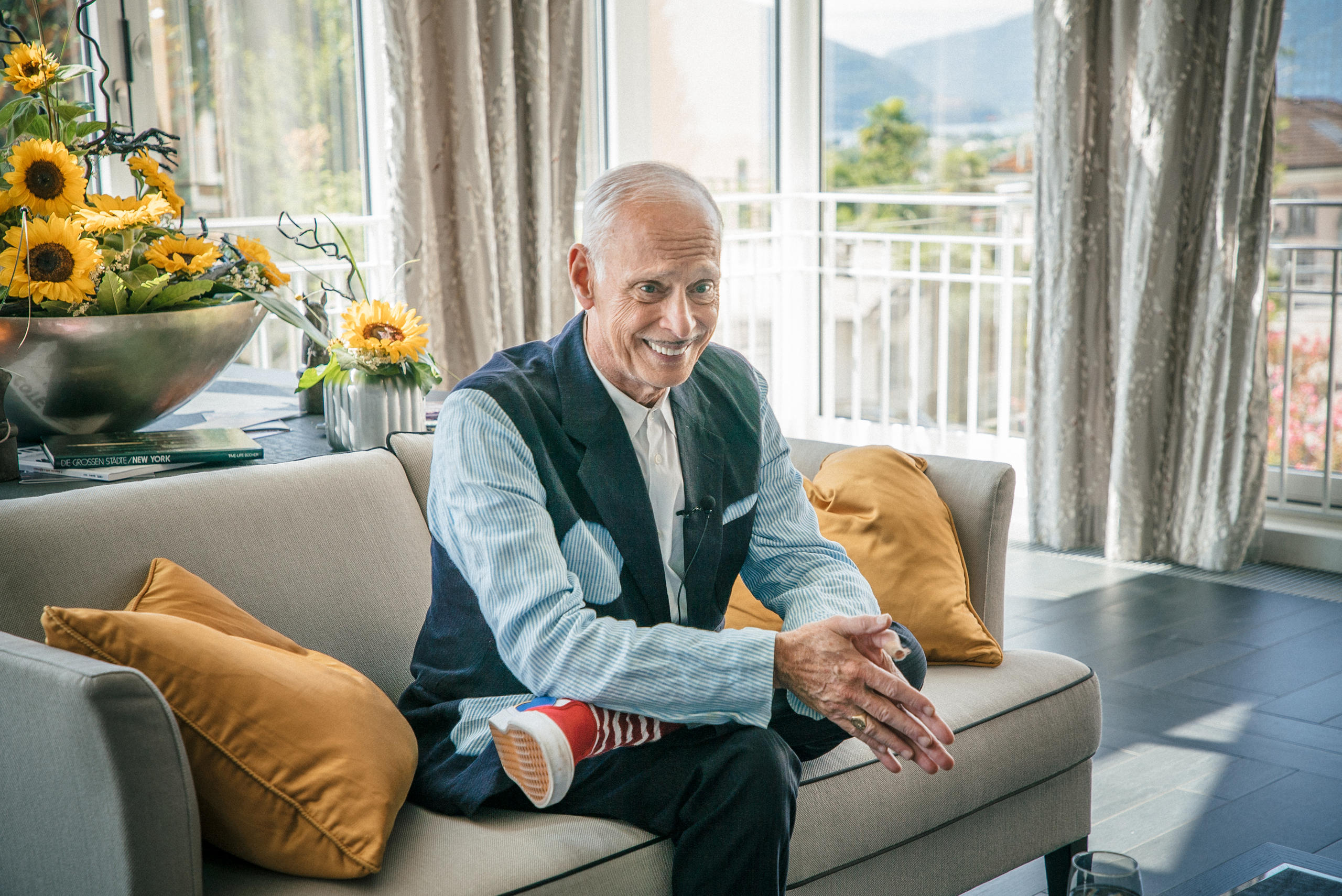
More
John Waters on sex in movies
This year it is John Landis, a director who revitalised American comedy and launched the careers of many illustrious immortals, such as John Belushi and Dan Aykroyd (The Blues Brothers, 1982) or Eddie Murphy. Not exactly the film personalities we see plastered across the tabloids. The guests at Locarno are invited because of their films and their art and not the celebrity stardust they bring to the festival.
The second difference is that Locarno, the town, is exactly the size of a film festival. This ancient settlement (there were signs of human presence since the 14th century BC) counts just about 15,000 inhabitants (55,000 if the outskirts are included) spread across fewer than five square kilometres of urban space. It’s a very cosy environment that is totally infected with film fever, giving the impression that the festival is the only show in town. On the other hand, city life continues as normal in Cannes, Berlin and Venice while their festivals are running.
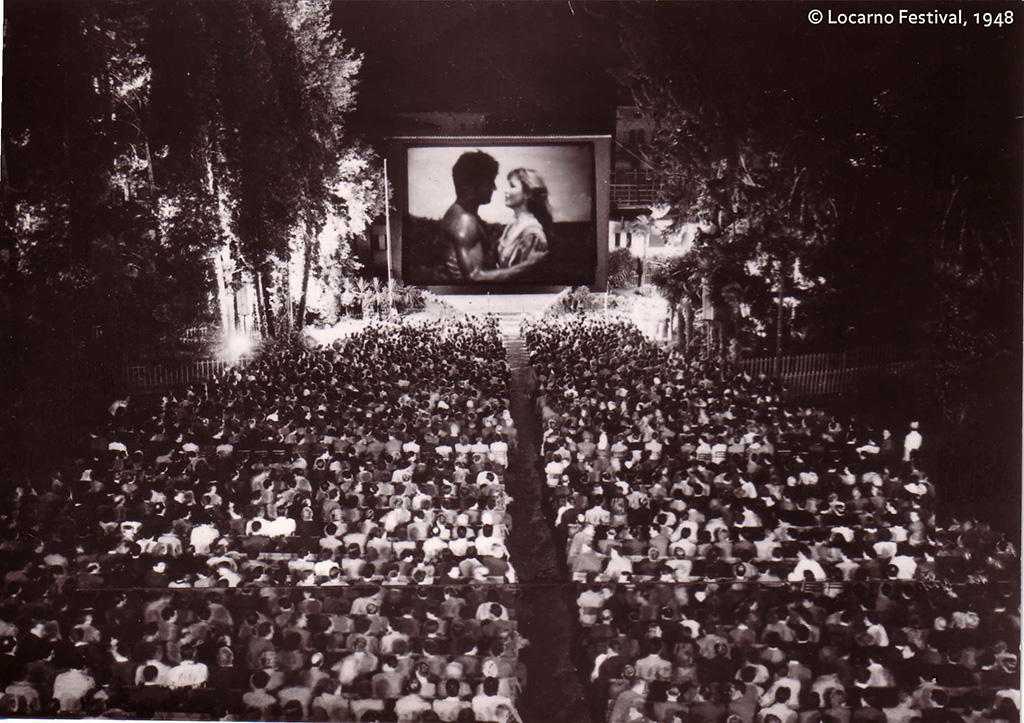
More
75 years of independent cinema with a message
Finally, Locarno has always positioned itself as a privileged platform for arthouse movies. As the smallest among the greatest, it would be suicidal to compete for the most-hyped premieres in the industry (most directors or producers would prefer to launch their film in Cannes). Instead, Locarno is always on the lookout for the most unusual cinema. These are the films that you will hardly see anywhere, that will probably show for a few weeks at an arthouse theater, even though they may be crowd-pleasers.
SWI swissinfo.ch will be on location bringing you a most diversified coverage of the festival. Brazilian-Swiss journalist and critic Eduardo Simantob together with the Mozambique-born Italian video journalist Carlo Pisani teamed up with the Festival’s Critics AcademyExternal link: every year the Festival selects 10 young film and media critics from all over the world for an intense immersion in the film world. This year they come from Vietnam, Romania, Hungary, Brazil, Chile, Dominican Republic, the UK, and Switzerland.
On this page (and also on our Instagram and Facebook handles) you can enjoy articles crafted by the Critics Academy in previous years and follow #LocarnoCloseup for their fresh and witty contributions on this year’s festival.

More
The Grand Hotel Locarno – where it all began

More
In Between Frames

More
Bringing black cinema to the fore
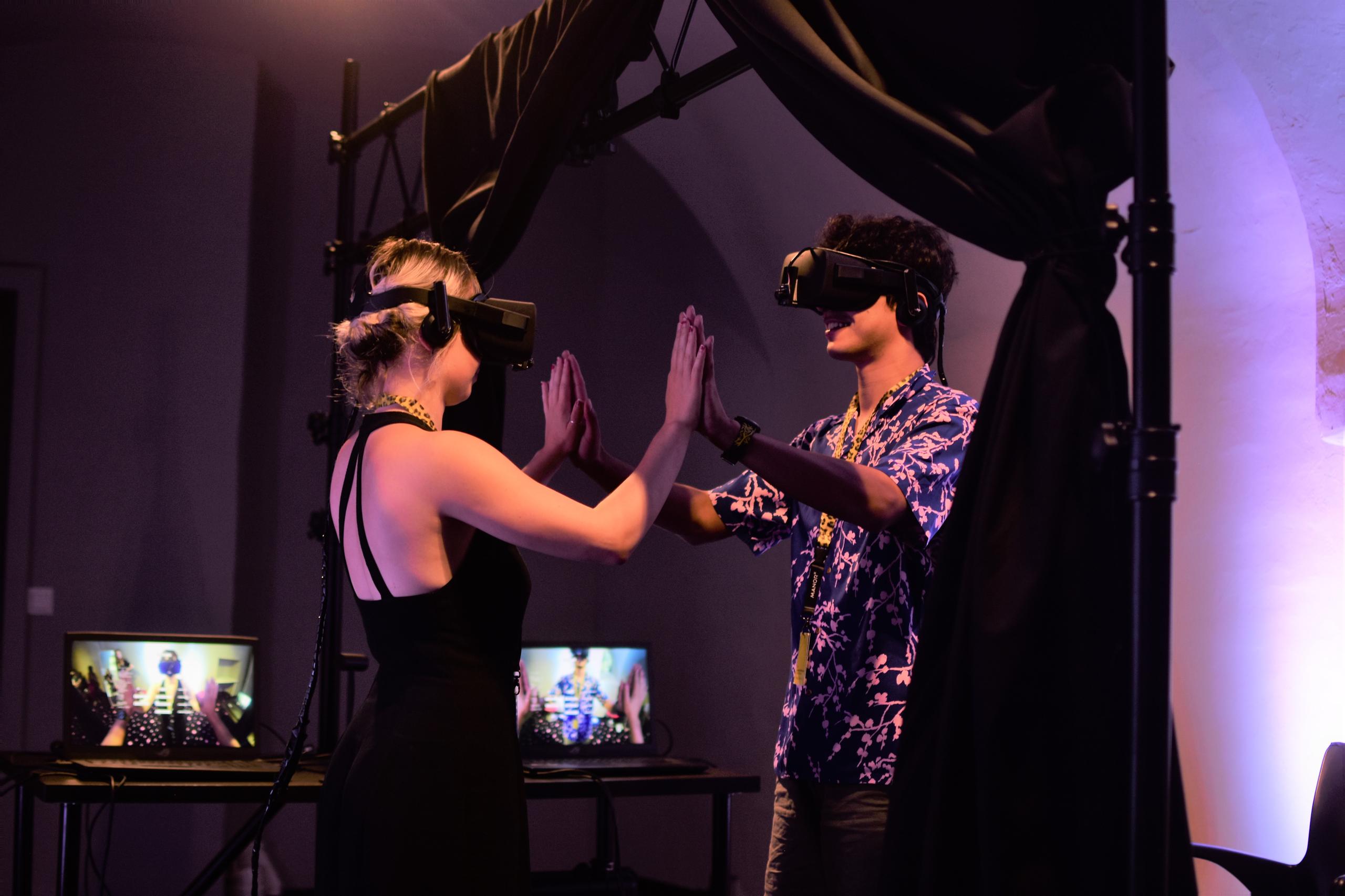
More
The machine to be us
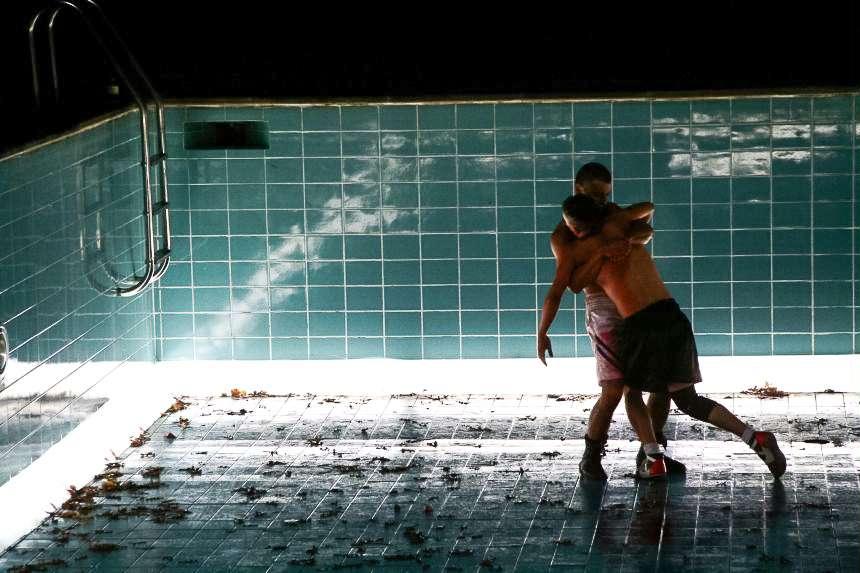
More
The Swiss take on blood, sweat and boxing
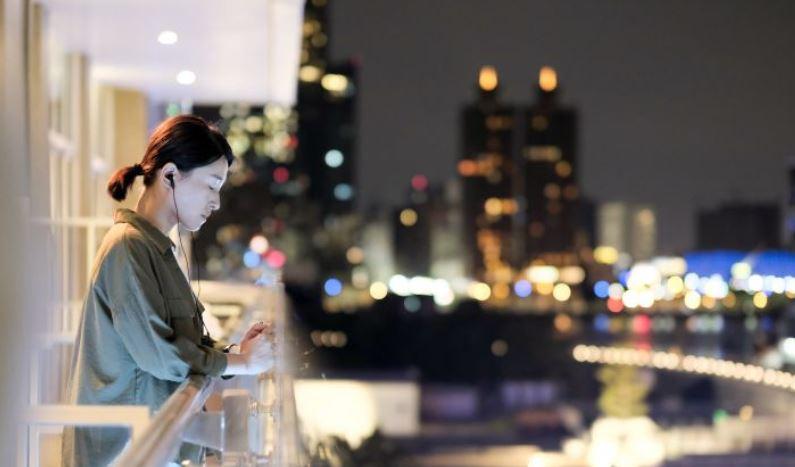
More
From China, with love and grief

In compliance with the JTI standards
More: SWI swissinfo.ch certified by the Journalism Trust Initiative
